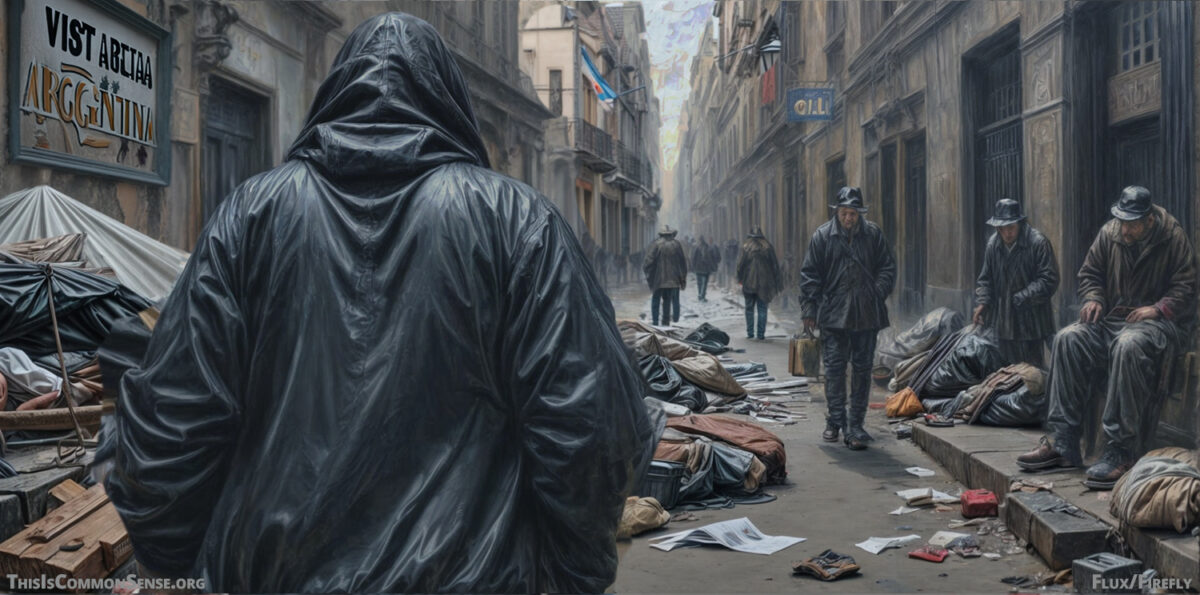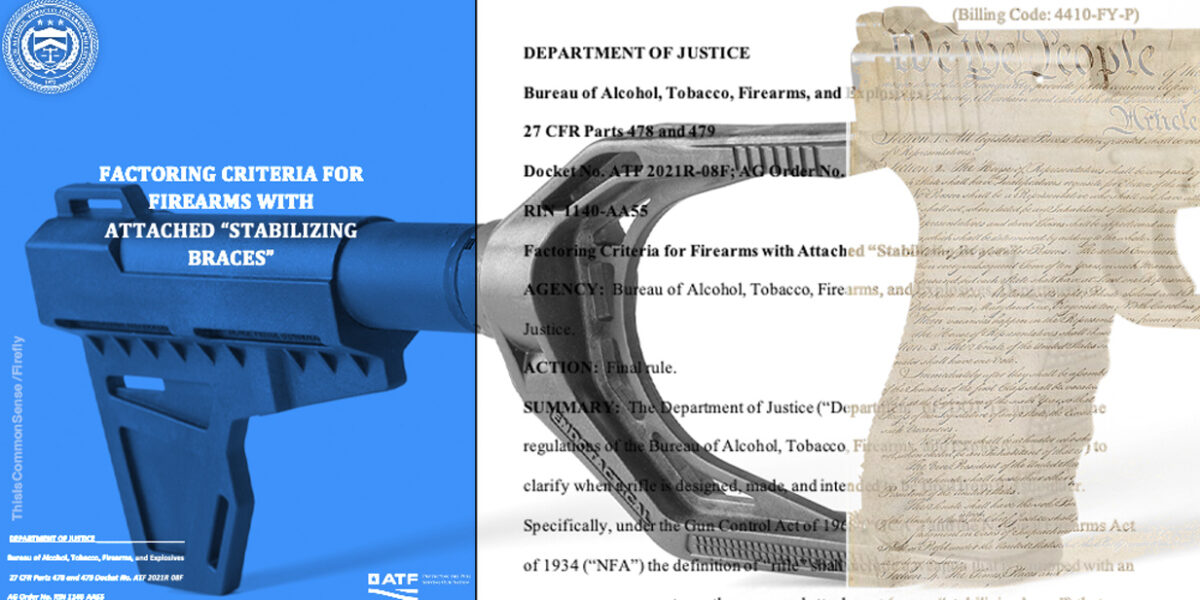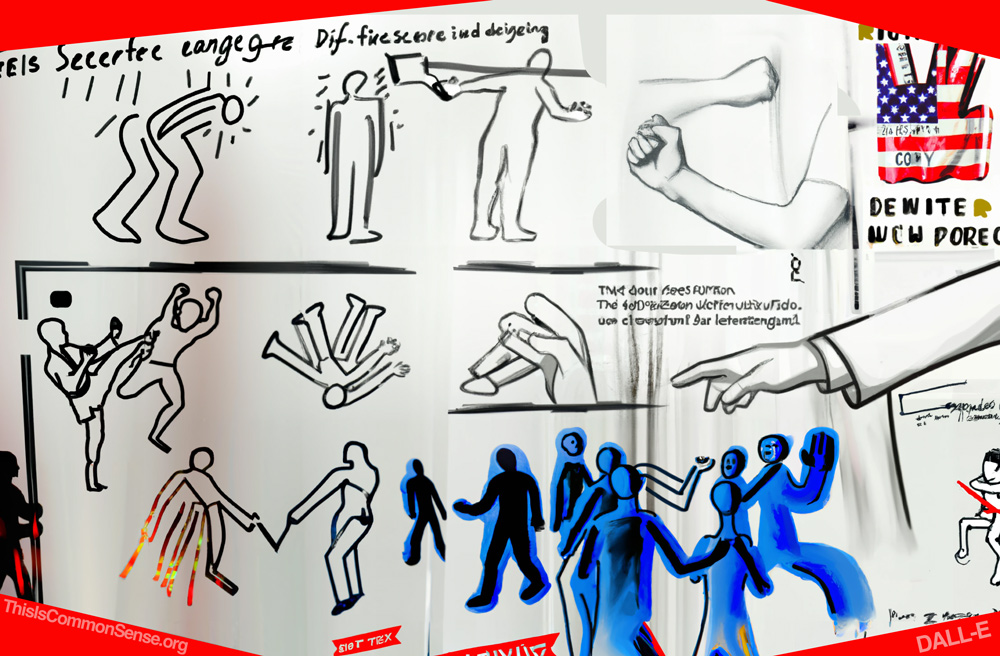While it is entirely reasonable to treat children and adults differently, and for laws to reflect this basic division, questions of precisely when children should become adults have eluded rationality.
In Argentina, where the legal age to vote is 16, young people may join the military at age 18, but had to wait till 21 to own a gun.
Until Argentine president Javier Milei’s reduced the minimum age to purchase and carry a firearm to 18, a step towards greater consistency.
But that is not how the culturally dominant left-wing media and intelligentsia see it. They paint dire dystopian visions of violence as a consequence of Milei’s libertarian pro-carry, pro-armament philosophy.
A December article in The Epoch Times shows that this old, elitist attitude is falling to the wayside as “Residents of Argentina’s Crime-Ridden Cities Welcome Milei’s Gun Reform.”
Key point? Dire dystopia is current reality.
Years of inflationism, government growth and regulation, as well as the seemingly endless political struggle between communists and Peronistas, has left a rising rate of homelessness and poverty.
And the homeless are getting grabby.
In public.
More daring and violent everywhere.
Against this, the pre-Milei government’s soft-on-criminals approach left normal people feeling defenseless. So gun ownership has understandably increased. The Epoch Times quotes a Buenos Aires resident who “believes that the public’s attitude toward firearms ownership is shifting away from the notion of less guns equals less gun crime, an ideology that was promoted by the previous administration.”
While Javier Milei’s program to reduce inflation appears to be on course, Argentina has been so dystopian for so long, most changes for the good will be incremental.
Like setting the age to carry firearms to equal the military service age.
This is Common Sense. I’m Paul Jacob.
Illustration created with Flux and Firefly
See all recent commentary
(simplified and organized)
See recent popular posts


